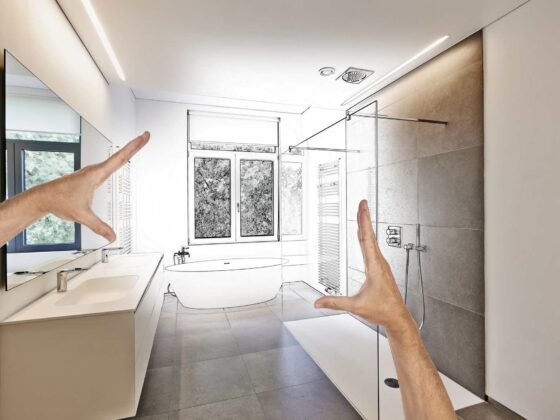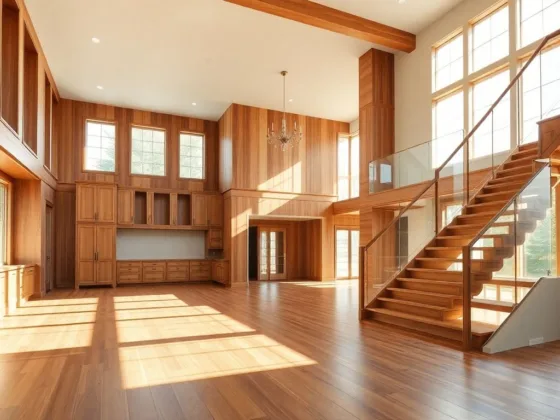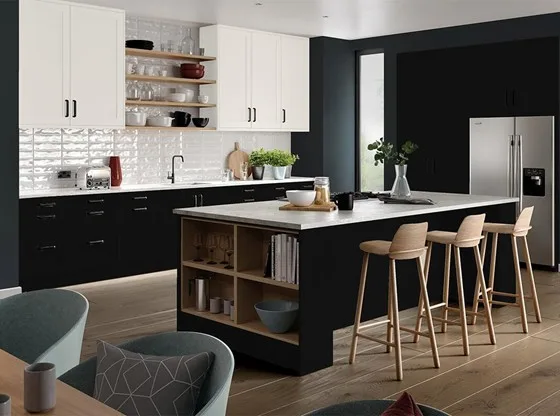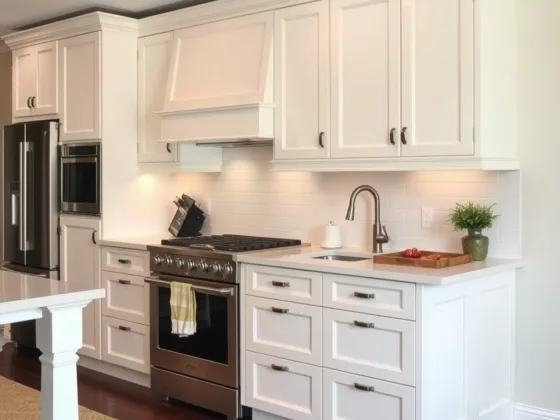Table of Contents Show
The kitchen is an important place in any home. We spend a lot of time in it and hence it should reflect our lifestyle, serve our needs, and complement our home decor.
Deciding to remodel your kitchen is an interesting idea. However, it may be challenging if you don’t think it through and prepare adequately. Otherwise, you are likely to make mistakes that may cost you more than you anticipated.
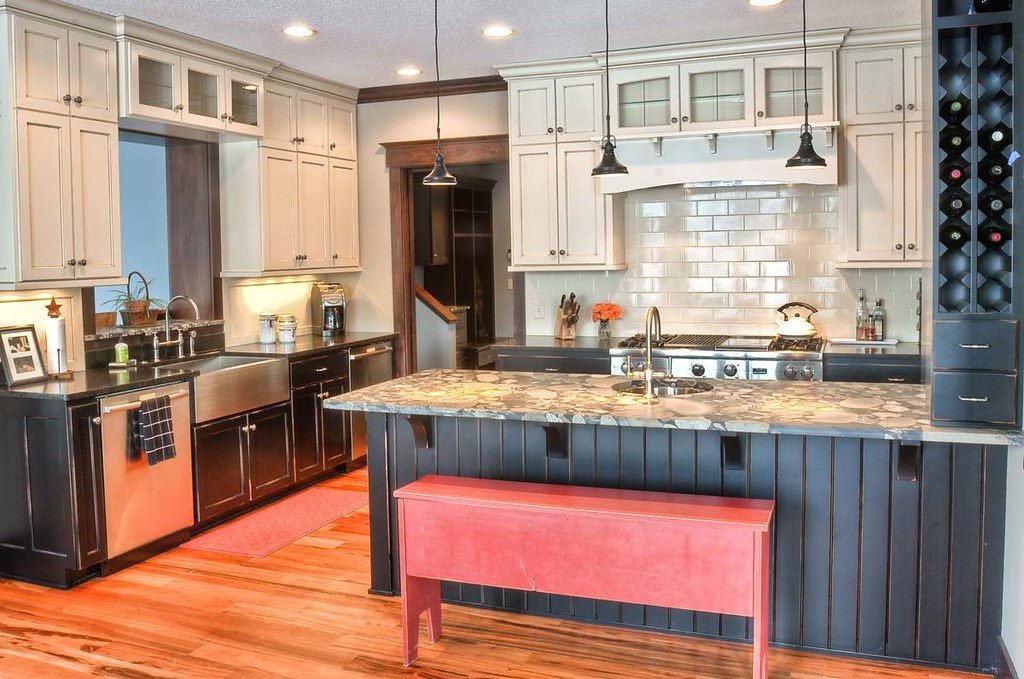
When renovating your kitchen, you should consider the following things to ensure that you get the best out of the project:
Read Also:
1. Goals
It is good to set goals on what you want out of any project before starting it. This will help you avoid omitting important things during the renovation.
You can do this by writing down all the things you don’t like about your kitchen and all the things you want in your renovated kitchen.
2. Budget
Renovating a kitchen may seem cheap at face value but is expensive in reality. Therefore, you must budget adequately to ensure you complete your project within your budget.
After budgeting, you will know the professionals you will hire, the quality of equipment, and the appliances you will use. Some professionals like the Kitchen Remodeling Columbus Ohio could be your best choice as they provide quality services at an affordable fee.
3. Find Inspiration
It is important to take your time in choosing a durable design that will match the rest of your house decor.
Making a collection of inspiring images and materials will give you an idea of what your finished kitchen will look like. You can look for these materials online, or even look for them physically in the market.
4. Design and Layout
It is important to think about the best location, size, and height of major kitchen resources and appliances. You can do this by considering the normal family routine and practices in the kitchen.
These considerations include the height of water sinks, appliances, storage space, the width of walkways, and the location of power outlets.
5. The Current State of Your Kitchen
While making your budget, you should examine what you have in place and the existing layout of your kitchen.
You may have some appliances in place that are intact and can be useful in your new kitchen.
Your budget will help you to know if you should go with the old layout or change. A new layout will include changing the plumbing, gas, and electricity systems which may add to your budget and time.
6. Spend Wisely
You should be careful about how you spend to avoid future problems. It may be tempting to use cheap labor, fixtures, and appliances. Ensure that it does not compromise the quality of your kitchen.
Poor quality appliances and unqualified professionals may be expensive in the long run.
7. Remember the Details
It is easy to forget the small details while concentrating on bigger ideas. However, it is the small things that will make your kitchen attractive or compromise its appearance.
They include good water taps, switches, PowerPoint covers, and handles.
8. Appliances
You should do a lot of homework while choosing the kind and position of your appliances. Whether they should be in cabinets or in the open is an important factor in how your kitchen will look.
9. Time and Schedule
Before renovating, you should make a schedule and time frame. This will help you make arrangements on where to cook. You might need to use your new kitchen as soon as possible.
10. Know If You Need a Plan and Council Approval
The extent to which you want to renovate and your local government policies will determine if you need a plan and the council approval. It is important to check with your local government to avoid inconveniences.

